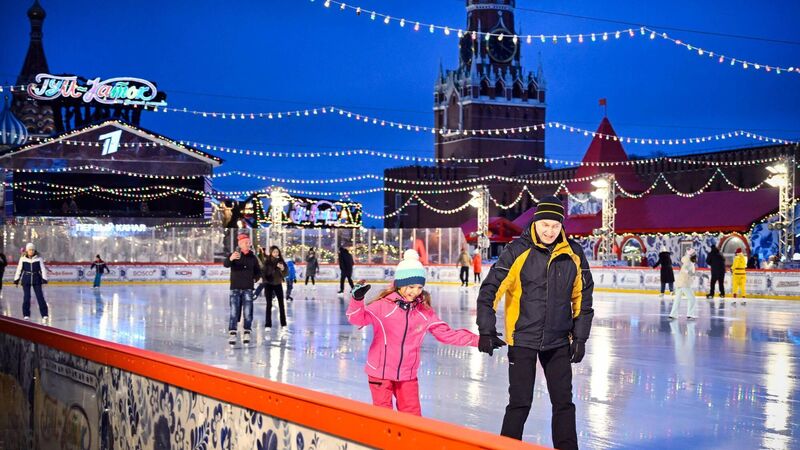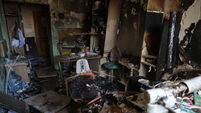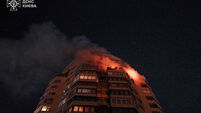Dissecting the ties between war and populism

People enjoy skating at a temporary open-air ice rink at the Red Square in front of the St. Basil's Cathedral and the Spasskaya Tower in Moscow on December 31, 2022. The Russian middle classes seem increasingly to be stirring from their moral slumber on Ukraine. Picture: Getty Images
Russia may no longer be the totalitarian society that my great-grandfather Nikita Khrushchev ruled six decades ago, but totalitarianism seemingly remains in its DNA. The Kremlin still invents its own reality, no matter how absurd or impossible, and demands the people’s credulity.
If war was peace in the Oceania of George Orwell’s 1984, President Vladimir Putin’s “special military operation” is practically a form of peacemaking in the Russia of 2022. The invasion of Ukraine on February 24 certainly was little cause for concern for Russia’s urban middle class, who continued to party like it was 2004 — the heyday of President Vladimir Putin’s oil and gas-driven economic boom — as Russian tanks rolled across the border.
















